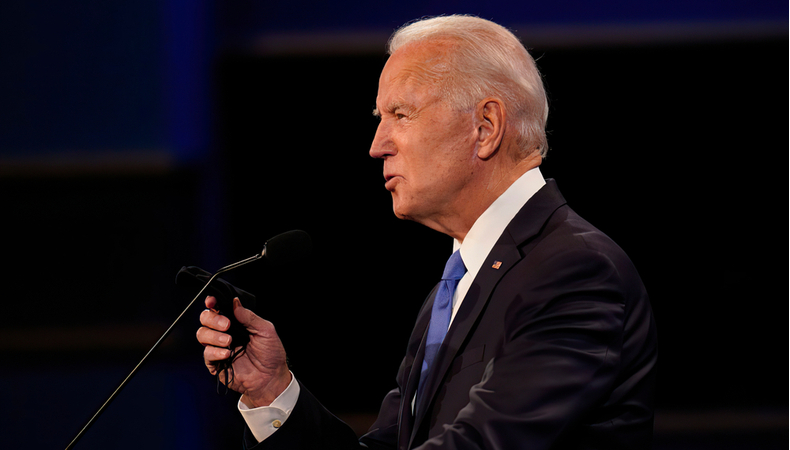The economic crisis impedes the expansionist aims of the Turkish regime


US addressed the key point of negotiation in a joint statement released with Germany, UK and France. The key part of statement read, “We welcome President Biden’s clearly demonstrated commitment to return the US to full compliance with the JCPOA [joint comprehensive plan of action] and to stay in full compliance, so long as Iran does the same.” The statement followed G20 meeting in Rome between Biden, Germany’s Angela Merkel, France’s Emmanuel Macron and UK’s Boris Johnson.
For returning to the nuclear deal, Iran has been seeking a legally underpinned undertaking that would ensure US does not exit the JCPOA in future if Tehran agrees to return to the deal. Former president of US, Donald Trump had walked out of the Iran nuclear cy, reverberating in political and social discontent.
The last alarm bell in order of time is the further devaluation of the Turkish lira against the euro, which stood at an exchange rate of 8,17. This data is very close to the exchange rate of 8.21 lire for one euro recorded during the Turkish currency crisis of 2018. According to expert economists cited by the British Financial Times, the main reason for the depreciation of the lira is the low confidence of Turkish and foreign investors in the ability of the Central Bank of Ankara to contain inflation without increasing interest rates, an obstacle by President Erdogan.
The economic situation and the difficulties of Ankara to face alone a crisis that is affecting most of the world’s economies is increasing social unease and also a critical vision of Erdogan’s regime policies. The economic situation is closely linked with Ankara’s foreign policy, in particular with its crazy interventions in Libya, Syria, and probably also in Yemen, where Erdogan is moving thousands of Syrian mercenaries and jihadists. In the last few days, internal tensions have increased for the Turkish activities in the eastern Mediterranean. If the purpose of Turkish explorations in the area in search of hydrocarbons is the country’s energy autonomy, the product could be the exact opposite in terms of support for the national economy in case of new sanctions against Ankara by the European Union, as requested by Macron.
The accusations launched by the leader of the Republican People’s Party (Chp), Kemal Kilicdaroglu, who stigmatized Erdogan’s neo-Ottomanism as a destroyer of the country’s foreign policy, are emblematic. Kilicdaroglu associates the hypertrophy of the Turkish president’s choices regarding the opening of multiple external fronts to the national crisis.Erdogan will soon have no choice: to accept the reality that his failed plan will inevitably mark his end.




